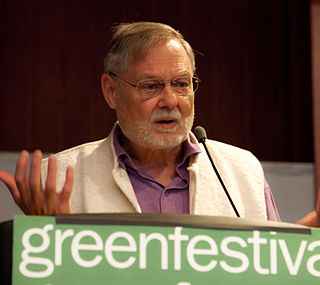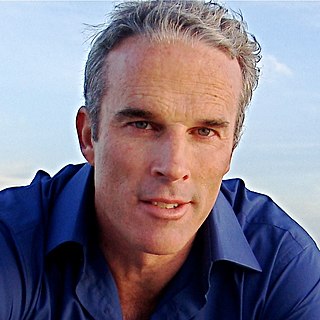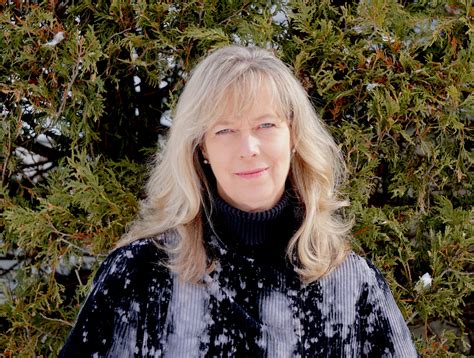A Quote by E. O. Wilson
Humanity, in the desperate attempt to fit 8 billion or more people on the planet and give them a higher standard of living, is at risk of pushing the rest of life off the globe.
Related Quotes
Higher education isn't just a personal investment. It's a public good that pays off in a more competitive workforce and better-informed and engaged citizens. Every year, we spend nearly $100 billion on corporate welfare, and more than $500 billion on defense spending. Surely ensuring the next generation can compete in the global economy is at least as important as subsidies for big business and military adventures around the globe. In fact, I think we can and must go further - not just making public higher education tuition-free, but reinventing education in America as we know it.
Mother Earth is in pain and ailing - bglobal warming. The world is dealing with issues of immigration, deindustrialization, and poverty. When I was born, there were 2.5 billion people living on the whole planet. Now there are 2.5 billion people living on less than $2 a day. That's the kind of reality we have to deal with.
The United States is the most indebted country in the world. It has almost 17 billion dollars of debt with the rest of the world while living off the world's savings. They are living off the savings of the people of Greece, the savings of the people of Spain, France etc. All of those countries that save their reserves in the banks in dollars are simply financing the American economy, and that is why the average American citizen consumes two and a half times more than their income.
Too much of the world's happiness depends on taking from one to satisfy another. To increase my standard of living, someone in another part of the world must lower his. The worldwide crisis of hunger that we face today is a result of that method of pursuing happiness. Industrialized nations acquire appetites for more and more luxuries and higher and higher standards of living, and increasing numbers of people are made poor and hungry. It doesn't have to be that way.
It grants you the power to judge others and feel superior to them. You believe you are living to a higher standard than those you judge. Enforcing rules, especially in more subtle expressions like responsibility and expectation, is a vain attempt to create certainly out of uncertainty. And contrary to what you might think, I have a great fondness for uncertainty. Rules cannot bring freedom; they only have the power to accuse.



































